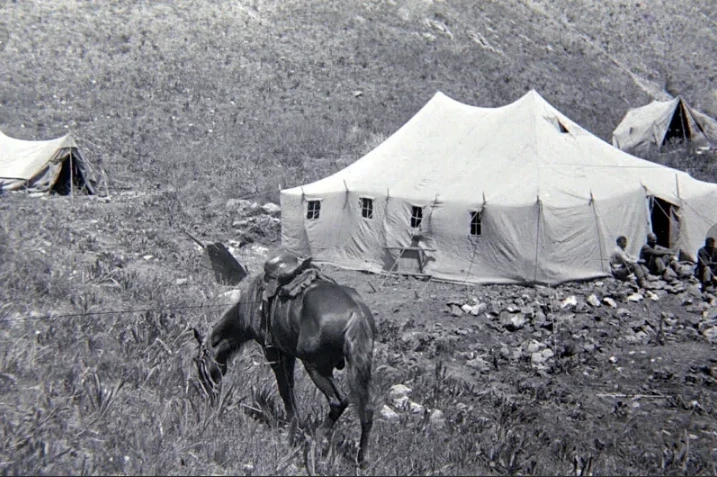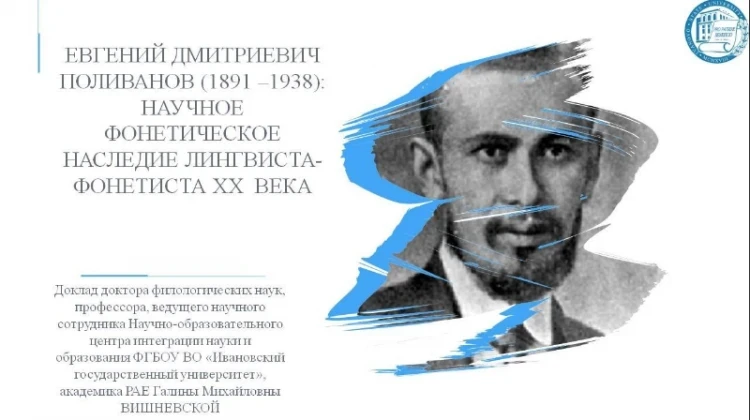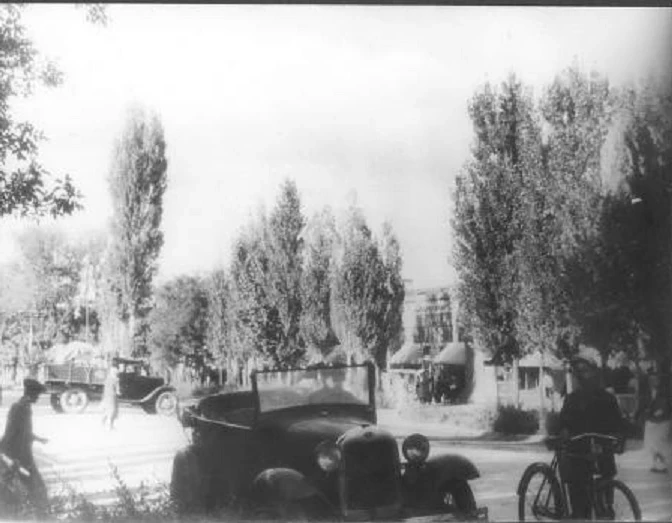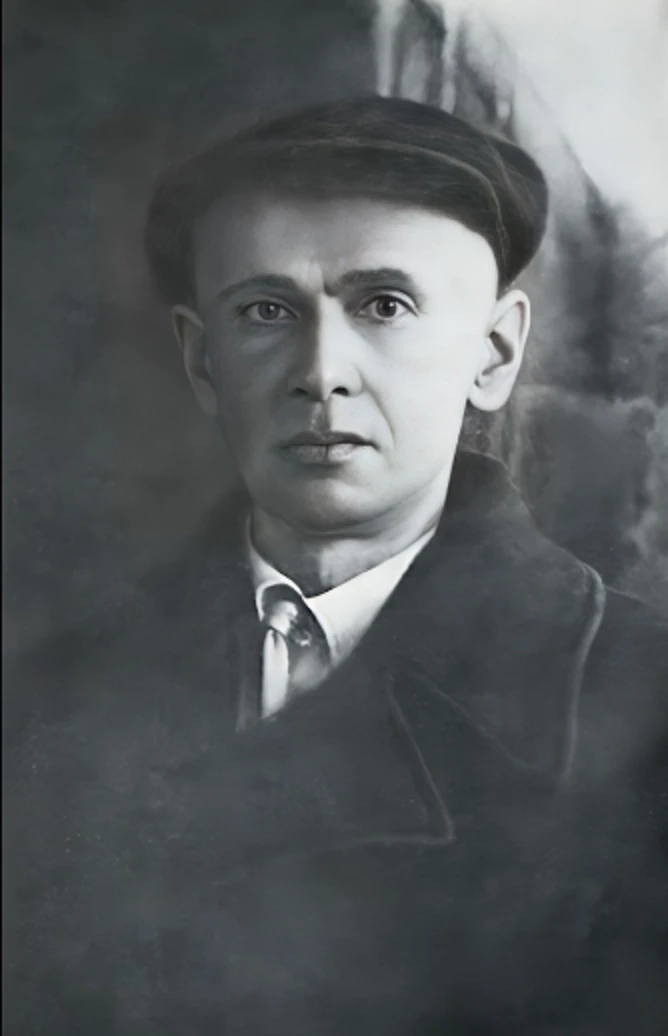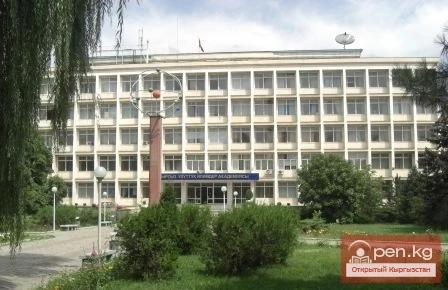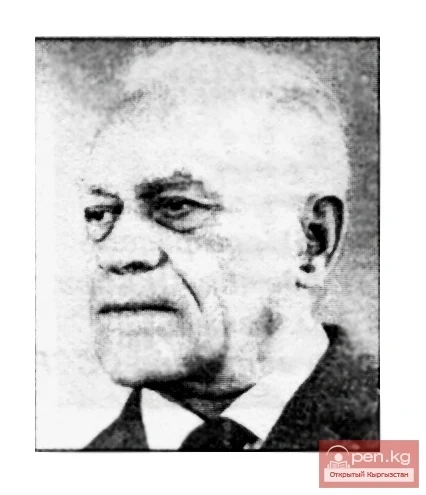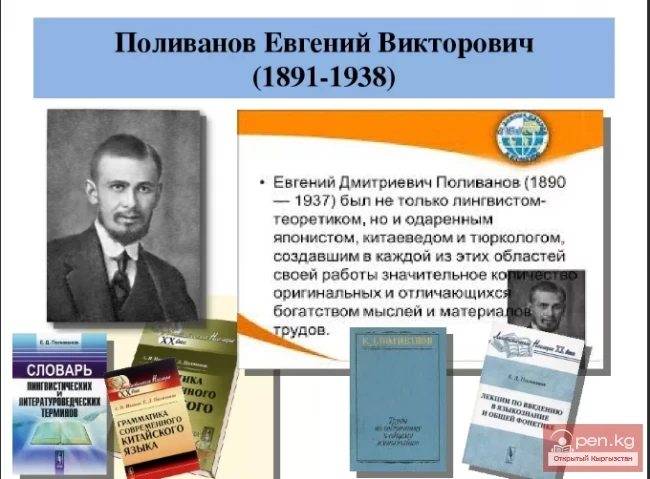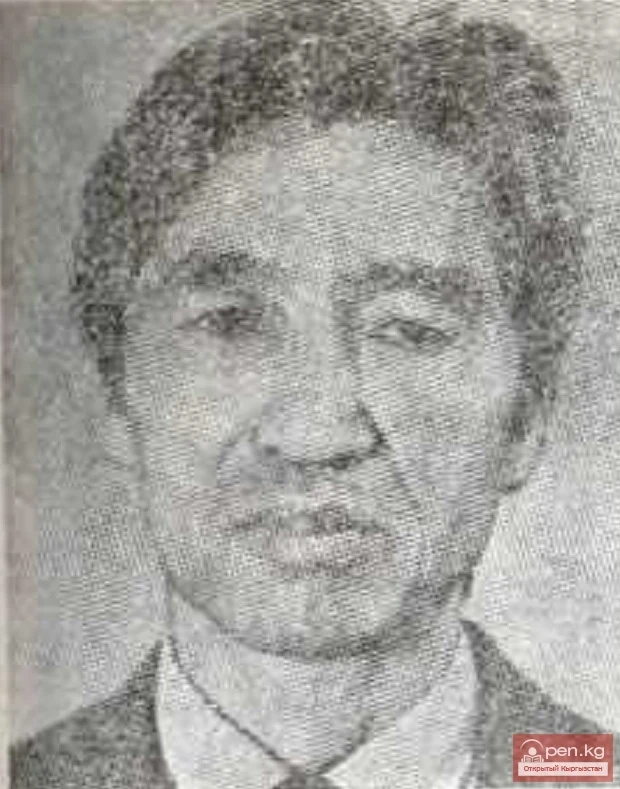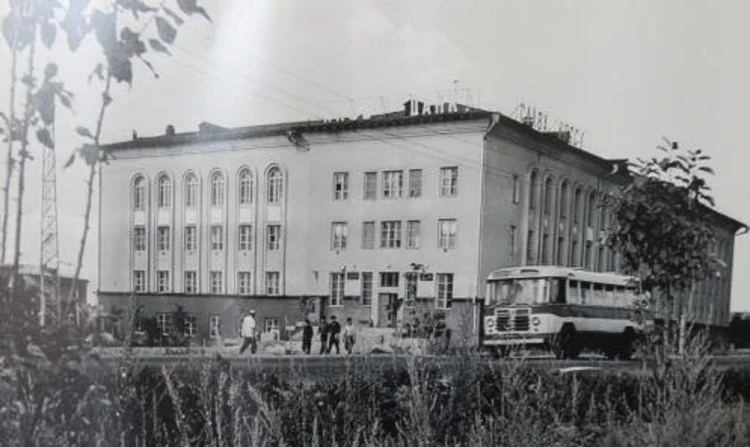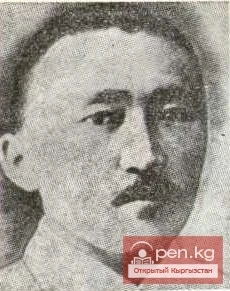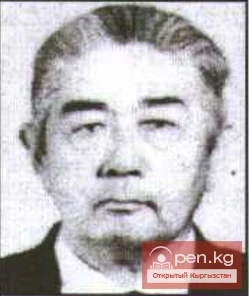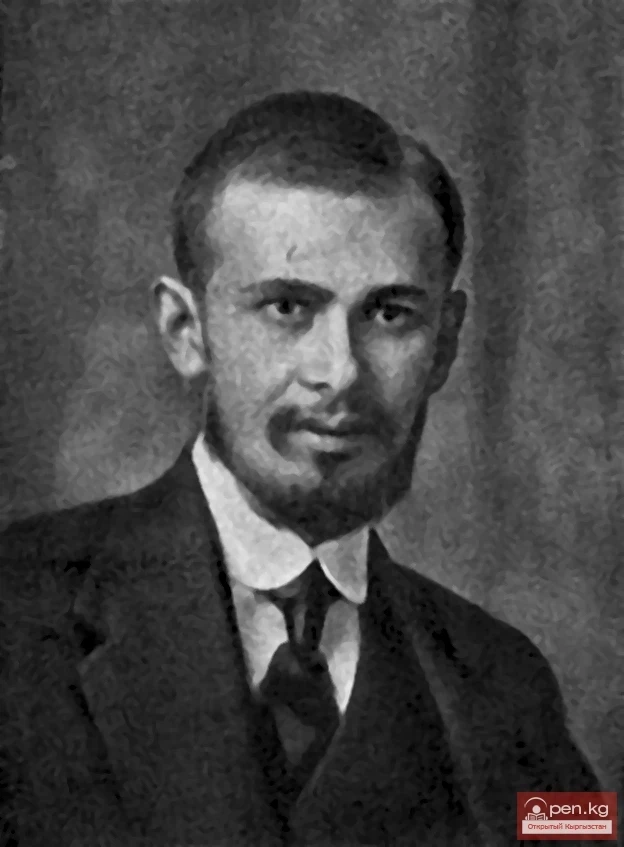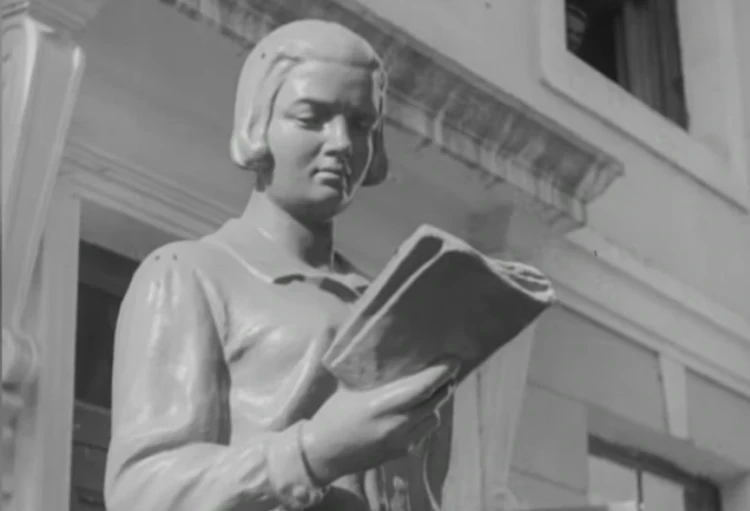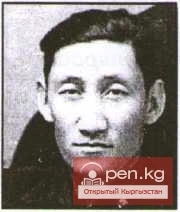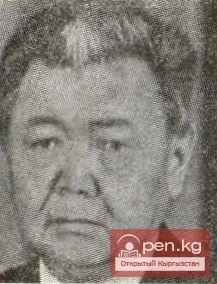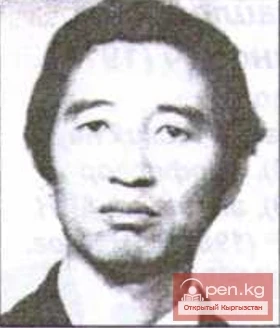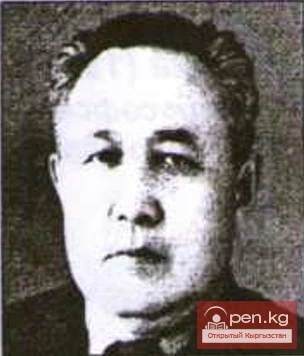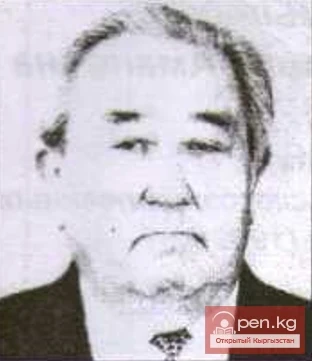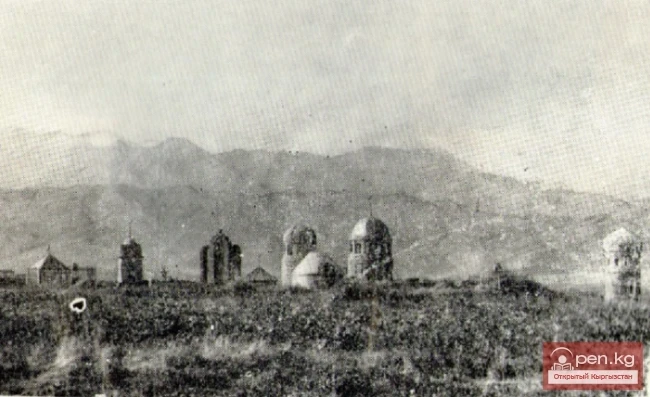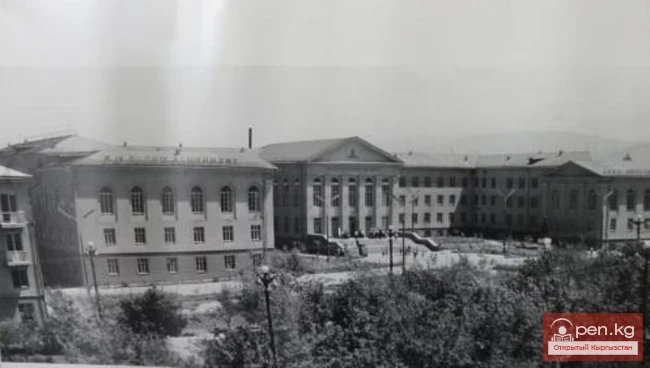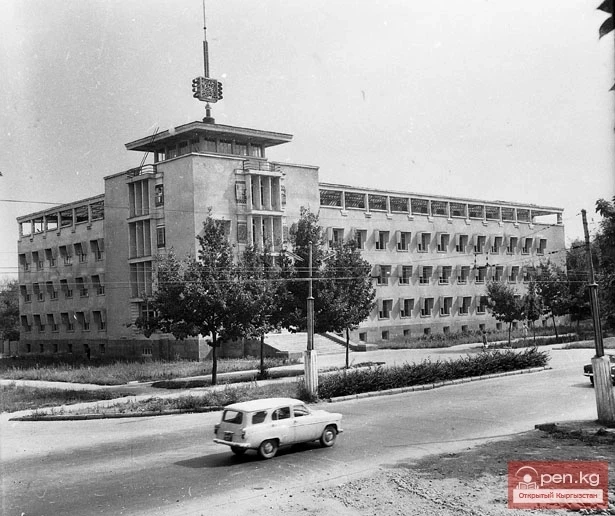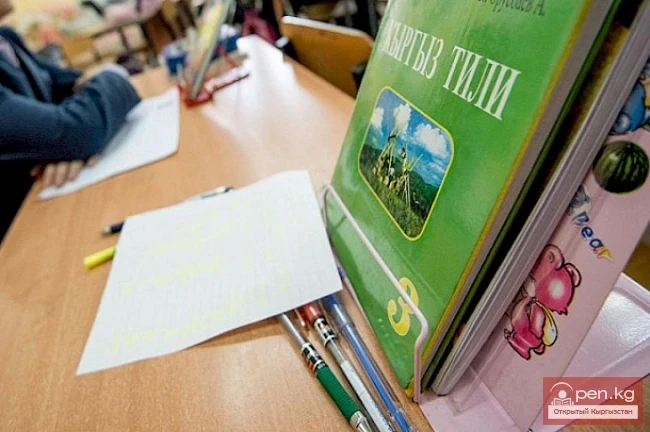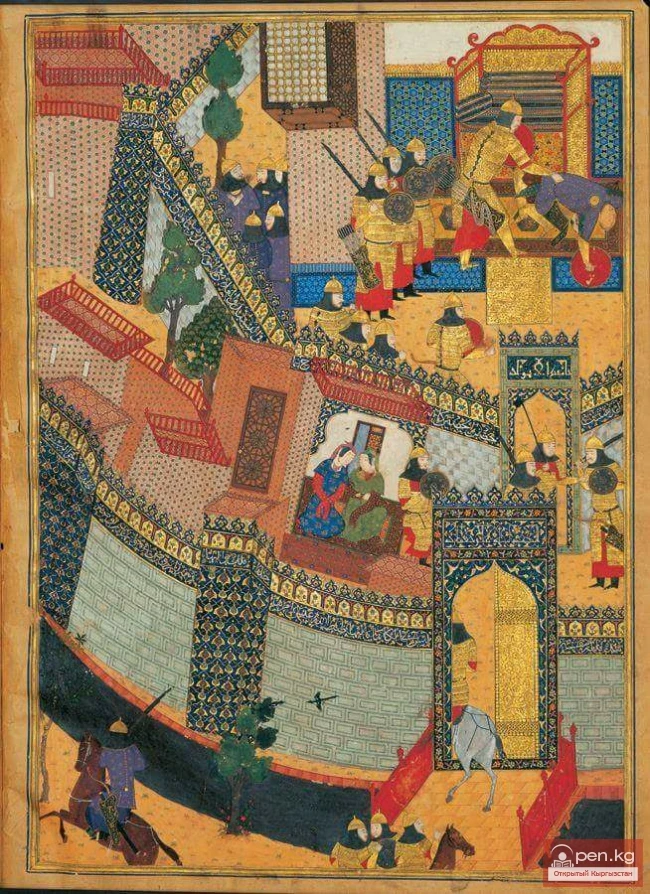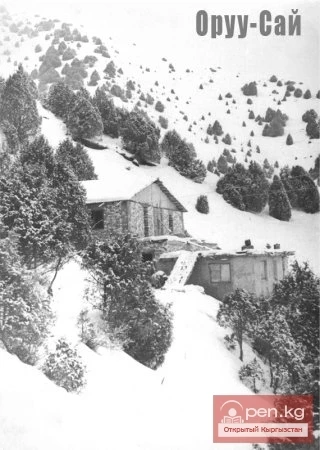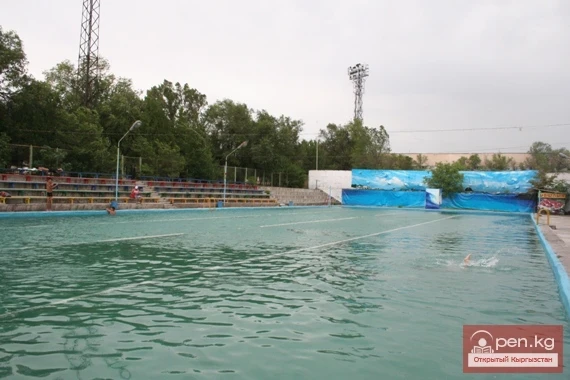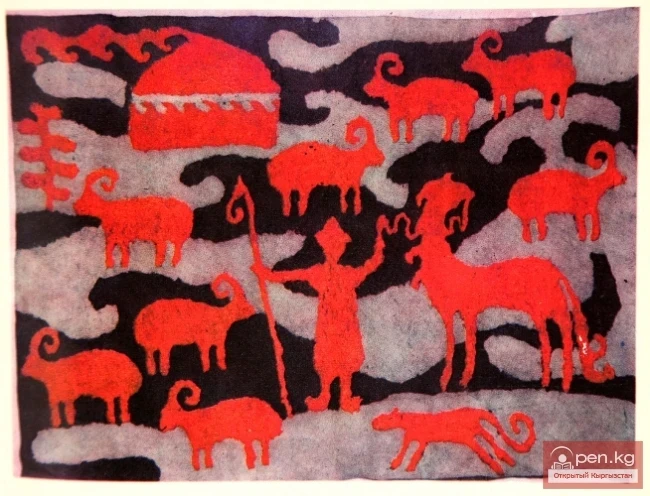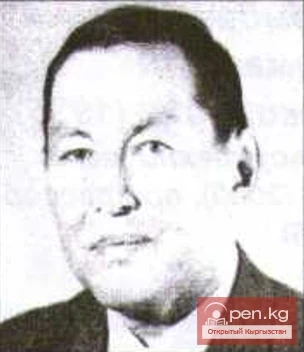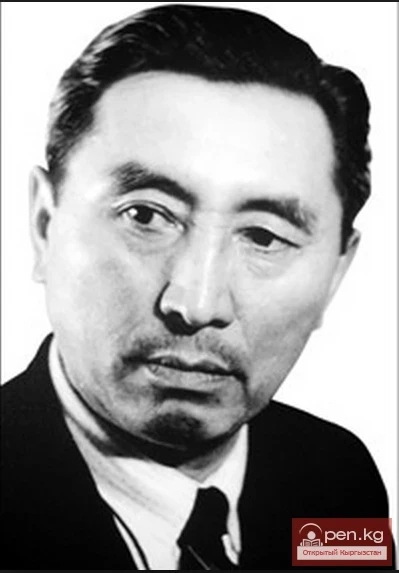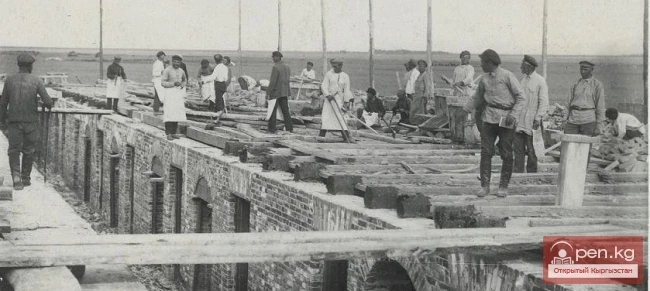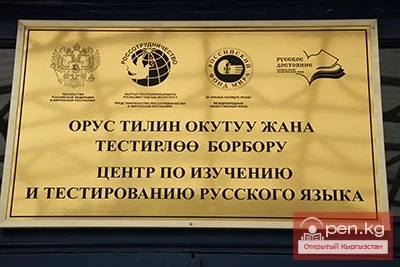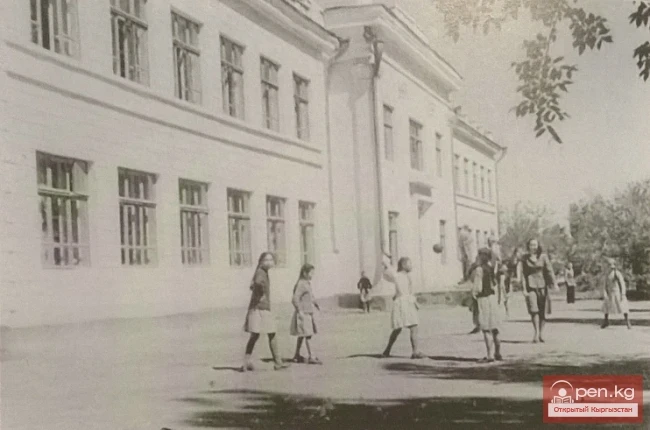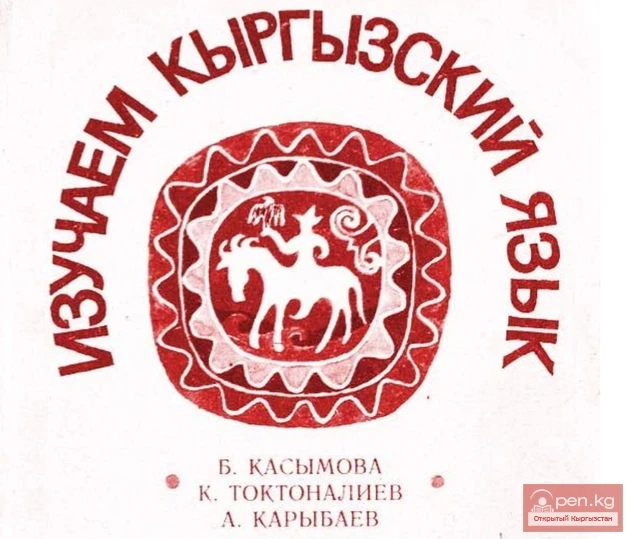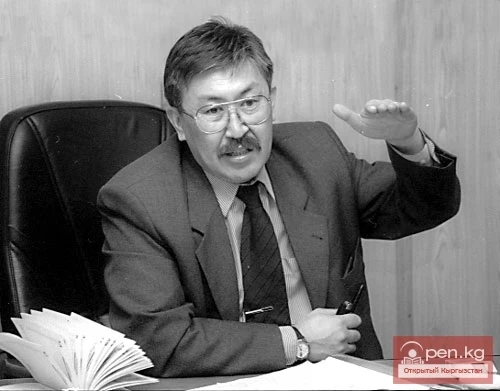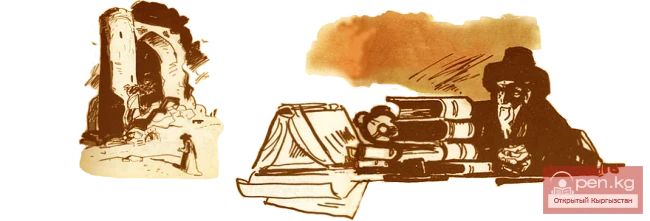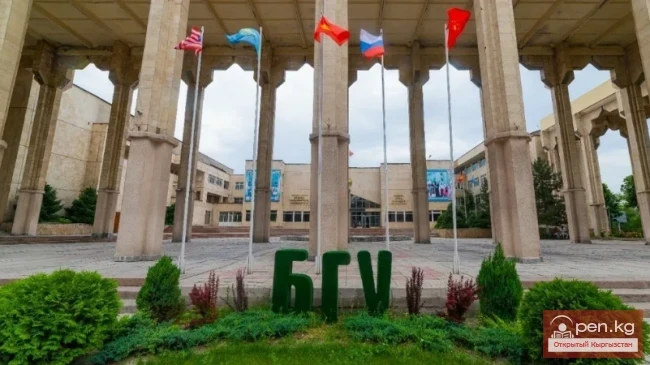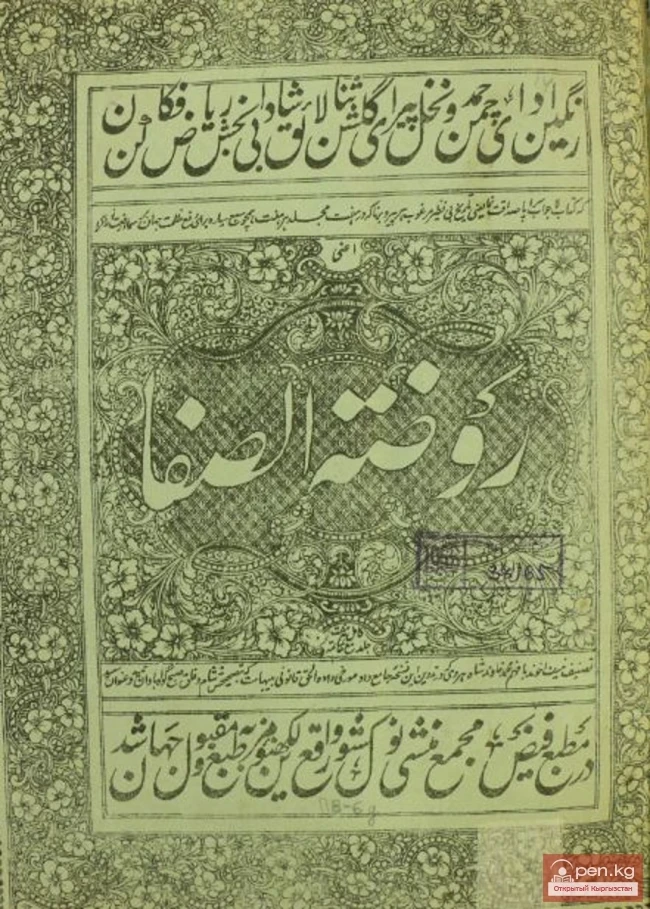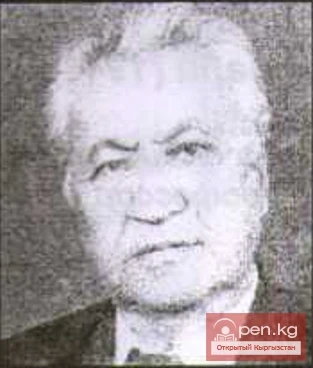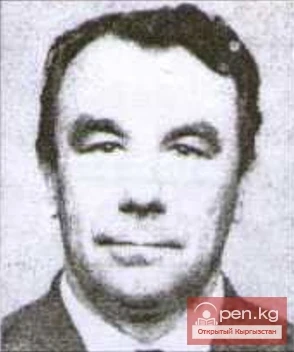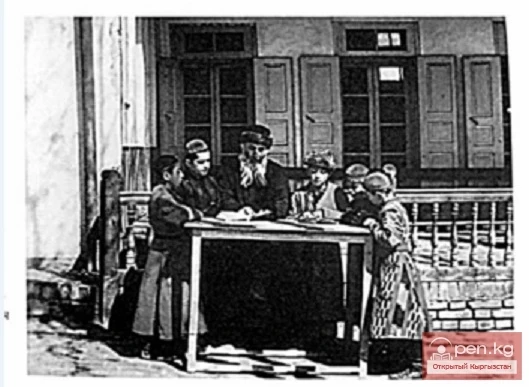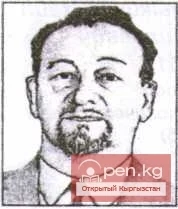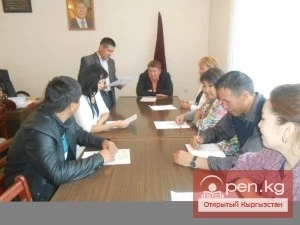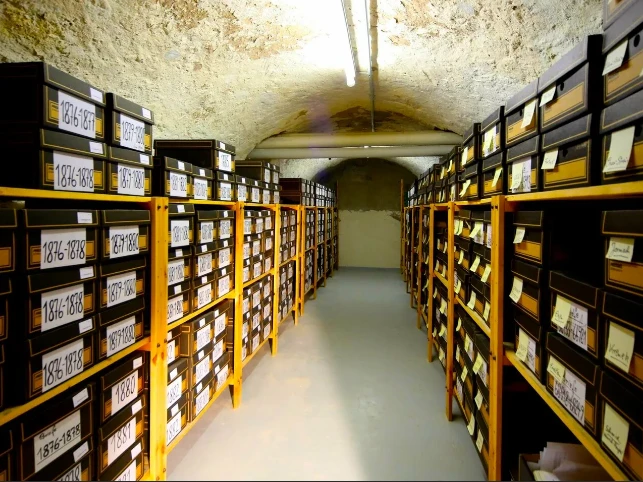
In the manuscript collections of the Institute of Kyrgyz Language and Literature (the successor of the former Institute of Cultural Construction and the Institute of Language and Writing), only the "Report on the Dungan Linguistic Expedition," written by Polivanov on August 15, 1936, was found.
It began as follows:
“Only thanks to the valuable qualities of my colleague Comrade Yak-Shan-Sin, whom I sincerely consider an excellent work partner, was the expedition able to accomplish what it did and generally meet the requirements set for it: as a result of the expedition, we established the dialectal composition of the Dungan dialects on the territory of the USSR and made factual and morphological descriptions of the Dungan dialects, including the previously unknown Shenxi dialect.”
No other Dungan materials, apart from the "Report," were found in the archive. Although according to the memories of Yan-Shan-Sin, there should be two works by Polivanov and a monograph titled "The Main Features of the Dungan Language," prepared by the author for publication.
However, we managed to discover in the same archive (more precisely, in the collections of the Institute) four handwritten notebooks (there were once at least eight) on Kyrgyz linguistics. When we brought these materials for typing to typist E. N. Krinitskaya, who had collaborated with historians, she nearly fainted: she recognized the notebooks and knew their author well.
At our request, she recorded her memories of that distant time, which include the following lines:
“I had a strange feeling when I saw those notebooks in your hands. Many years ago, I had seen them once before when he brought them to me himself — the same school notebooks with checkered pages, with the same gray covers made of poor paper, written in his neat handwriting, apparently always the same, judging by the ones you brought. My visual memory did not deceive me. I recognized them before you told me to whom they belonged. Something stirred within me when I took them in my hands. So many years have passed... Suddenly, all that bitter, difficult past was stirred up. And in just a few minutes, I relived everything that had long gone by, and about which I was also long forbidden to mention in any questionnaires or even to remember...”
Dear Yevgenia Nikolaevna, how we understand you! She wrote this in March 1971, still afraid to recall those nightmarish years when she herself, following her husband (who was repressed in 1934 in the case of the murder of Kirov and had disappeared without a trace somewhere in Siberia), without rights, without work, without money and friends, was innocently forced to languish far from her native Leningrad due to someone else's cruel will. Polivanov tried to help the pretty typist in any way he could in his hopelessly dire situation, giving her his materials for typing. And after Polivanov's arrest, she was forced to take his unfinished manuscripts to the NKVD. This was understandable and explainable: on one hand, the fear already experienced, chilling the soul and body; on the other — a naive belief that perhaps they would be preserved there! Let us also hope that not everything is lost yet, and Polivanov's materials, as well as his completed but unpublished works, will be discovered.
The surviving notebooks on Kyrgyz linguistics, as well as his interlinear translation of one of the central plots of the epic "Manas" — "The Great Campaign (to Beijin the Great)" — have still not been the subject of attention for Kyrgyz linguists and literary scholars. Although they undoubtedly hold value for the history of Kyrgyz writing, they are also of interest to historians.
Memories of student E. D. Polivanov by Yan-Shan-Sin about his teacher
